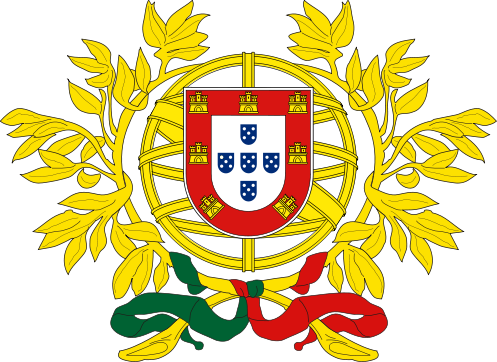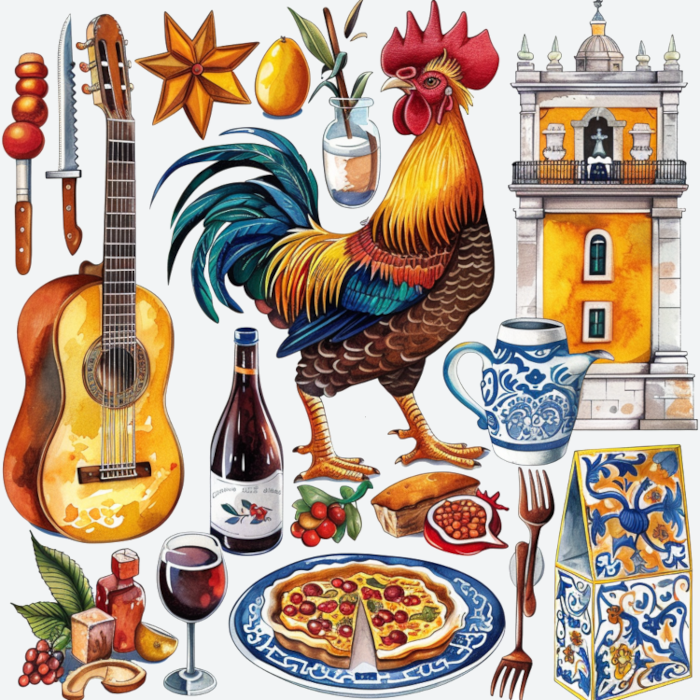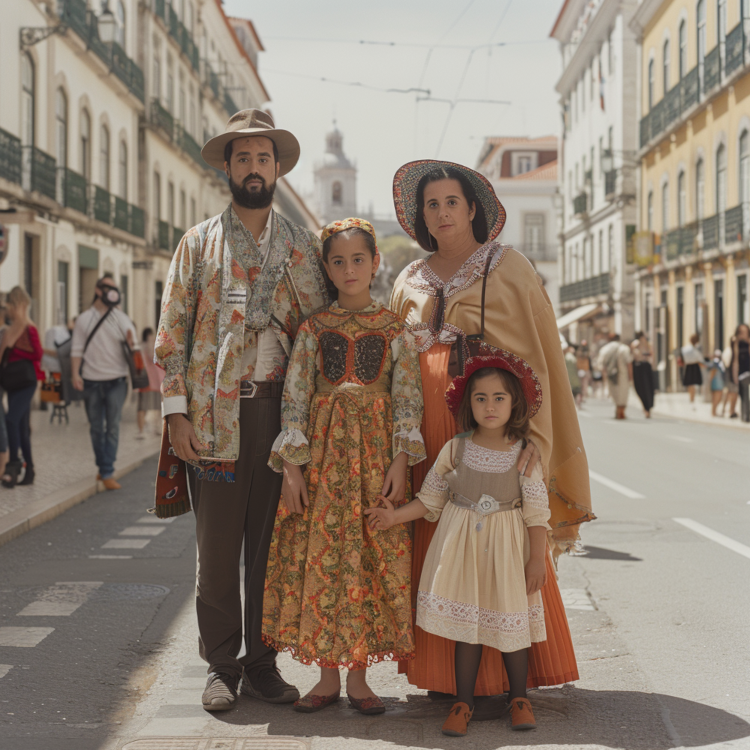About PT

Portugal is a country located in southwestern Europe, bordered by Spain to the north and east, and the Atlantic Ocean to the west and south. It has a population of approximately 10.3 million people and covers an area of 92,212 square kilometers. The capital and largest city is Lisbon.
The official language is Portuguese and the currency is the euro. Portugal is a parliamentary republic, with a president as the head of state and a prime minister as the head of government.
Portugal is known for its rich history and culture, including its distinctive architecture, music, and cuisine. The country's traditional dishes include seafood, such as grilled sardines and bacalhau (salt cod), as well as regional specialties like cozido (a meat and vegetable stew) and pastéis de nata (a custard tart). Portugal is also famous for its port wine, which is produced in the Douro Valley region.
Portugal has a mixed economy with a focus on services, industry, and agriculture. The country is a member of the European Union, NATO, and the United Nations. Portugal also has a strong relationship with its former colonies, particularly Brazil and several African countries.

National Culture Objects
Azulejos
Azulejos are traditional Portuguese ceramic tiles, often seen in intricate patterns and vibrant colors on buildings and in public spaces. They symbolize Portugal's artistic heritage and craftsmanship.
Fado Music
Fado is a genre of traditional Portuguese music characterized by its melancholic and soulful melodies. It represents the heart and soul of Portuguese culture and emotional expression.
Pastel de Nata
Pastel de Nata is a famous Portuguese custard tart with a crispy crust and creamy filling. It symbolizes Portugal's rich culinary traditions and is a beloved dessert.
Portuguese Rooster (Galo de Barcelos)
The colorful Portuguese rooster, often seen in folk art and souvenirs is a symbol of good luck and the nation's vibrant folklore.
Port Wine
Port wine is a fortified wine produced in the Douro Valley. It represents Portugal's long history of winemaking and its global reputation for high-quality wines.
Lisbon Tram
The iconic yellow trams of Lisbon, especially Tram 28, are symbols of the city's historic charm and unique public transportation system.
Belém Tower
Belém Tower in Lisbon is a historic fortress and UNESCO World Heritage site. It represents Portugal's Age of Discoveries and maritime heritage.
Portuguese Cork
Portugal is the world's leading producer of cork, and cork products symbolize the country's sustainable agriculture and innovative use of natural resources.

The national anthem of Portugal is called "A Portuguesa", which translates to "The Portuguese" in English. The lyrics were written by Henrique Lopes de Mendonça and the music was composed by Alfredo Keil. The anthem was first performed in 1890, and was officially adopted as the national anthem in 1911.
The anthem is a patriotic call to action, urging the Portuguese people to stand up for their country and fight against oppression. The chorus of the anthem is as follows:


